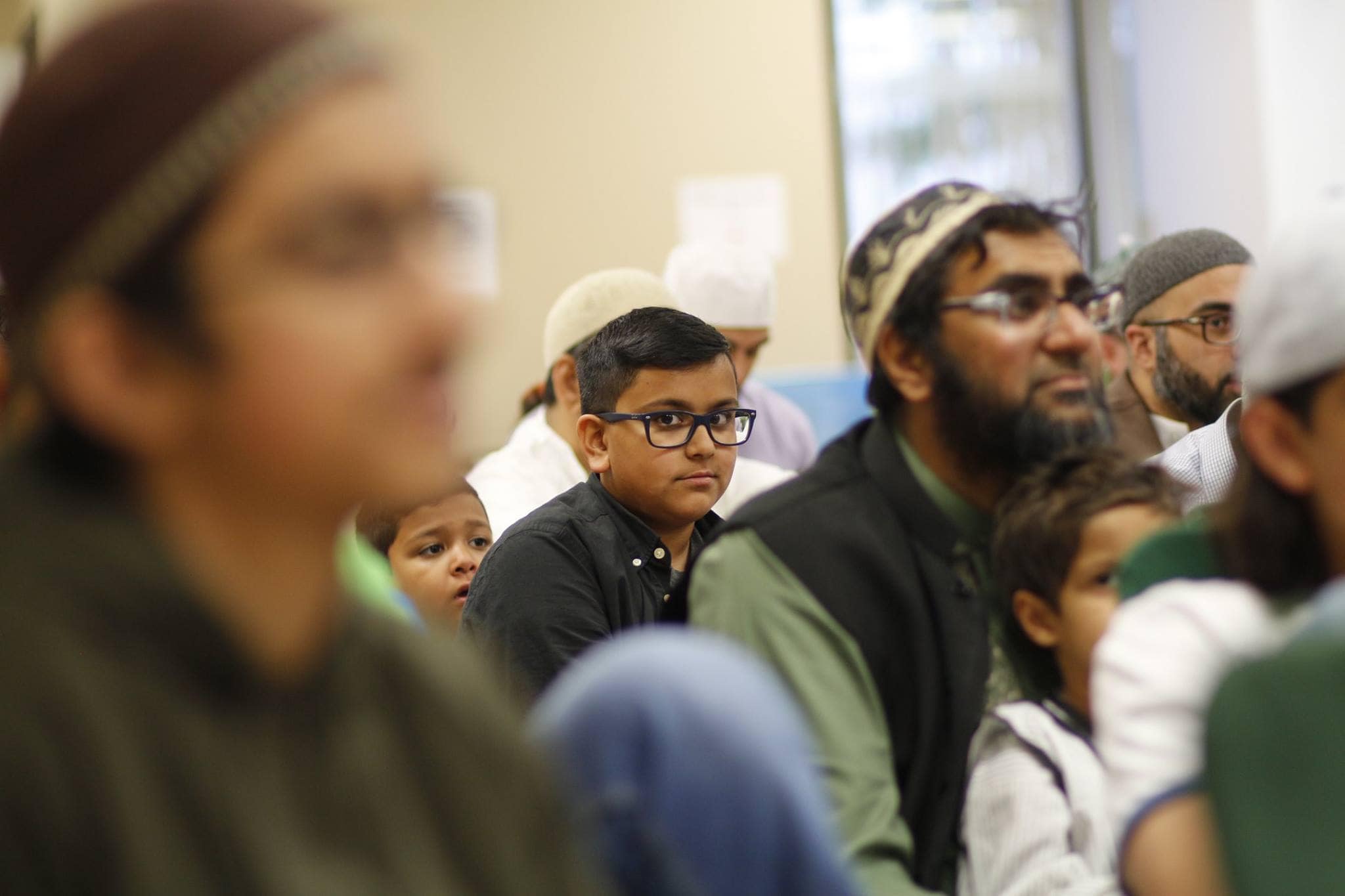Are There Valid Reasons for Missing the Congregational Prayer in the Mosque? (Shafi’i)
Shafi'i Fiqh
Answered by Shaykh Shuaib Ally
Question: Assalam alaykum,
My brother is of the understanding that every prayer must be prayed at the masjid. Therefore, under every circumstances, he tries to attend even if it means he inconveniences others.
Under what circumstances is it permissible for him to pray at home?
Answer: Wa alaikum assalam wa rahmatullah,
Is Performing Prayers in the Masjid Obligatory?
Performing prayers in congregation, and at the masjid, are both highly recommended acts. The Prophet – peace be upon him – is reported as having said that “Praying in congregation is twenty-seven times better than praying alone” [Bukhari, Muslim].
The issue of whether or not males must perform obligatory prayers in the masjid is one of legal disagreement. It is a valid legal opinion that doing so is obligatory, as is commonly held in the Hanbali school.
In the Shafi’i school, this is not the case; while doing so is a highly rewarded action and failing to do so is disliked, prayers performed at home or alone remain valid.
The lone exception is the Jumu’ah prayer performed on Friday; its performance in congregation is unanimously considered obligatory for resident men.
Reasons for Missing Congregational Prayer
Whether or not one holds that praying in congregation in the masjid is obligatory, classical works of law detail mitigating circumstances for missing congregational prayers in the masjid.
Many of the reasons are related to the difficulty in reaching the masjid, such as an illness or difficult weather conditions; assisting others, such as taking care of or spending time with an ill person or someone on their deathbed; not being in a condition that prevents one from concentrating, such as needing to use the washroom; or not causing harm to congregants, such as attending in a state that is offensive to others.
In these and other related cases mentioned in works of law, it would not be disliked to miss a congregational prayer, and would not be sinful in cases in which attendance is obligatory.
Assessing one’s own Circumstances
A person would have to assess their own circumstances to ascertain whether their situation is similar enough to these to warrant leaving off congregational prayers.
It is worth noting that reasons generally given for missing congregational prayers, other than chronic illness, are not envisioned as being long term reasons, as this would lead to a large portion of the population leaving off congregational prayers for extended periods of time, which was not the intent of the concessions.
Source: al-Hawashi al-Madaniyyah
Shuaib Ally
